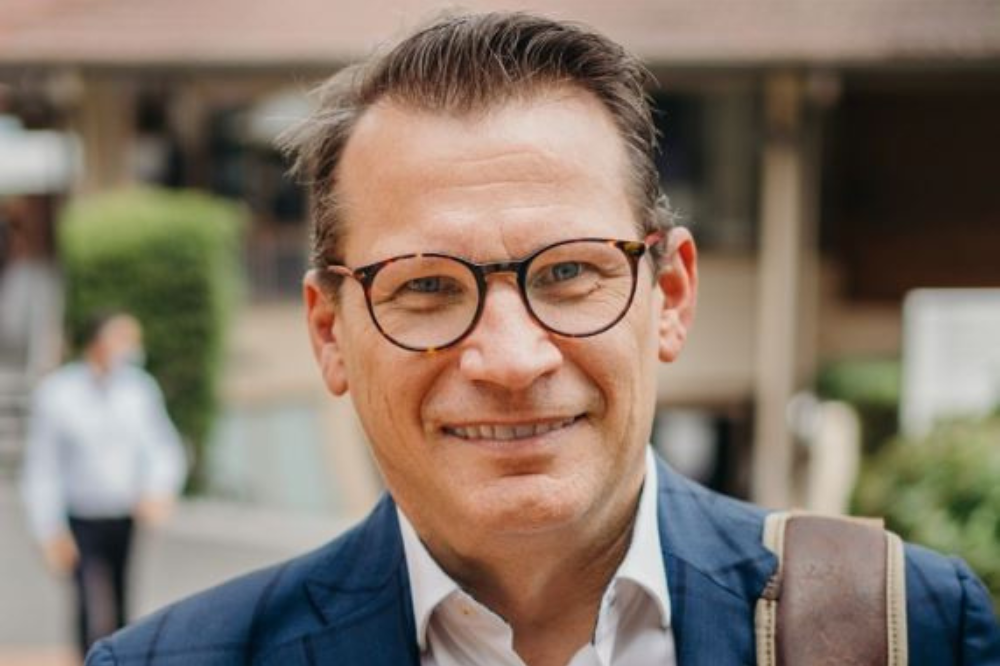
by Dr Paul Kidson
Some high profile and significant leadership roles are up for grabs. There’s real opportunity for experienced educators to make impact, based on the logic often applied to education.
The past few weeks have seen resignations from Jane Hrdlicka (Virgin Airlines), Ross McEwan (NAB), and spectacularly in the wake of a problematic ABC interview, Brad Banducci (Woolworths).
Amid this churn was a visit to Australia by former head of the UK’s Office for Standards in Education, Children’s Services and Skills (OFSTED), Amanda Spielman. According to one media outlet, the former investment banker suggested “sending outsiders into Australian classrooms to measure teaching quality would bring a fresh set of eyes to the education system”!
The same compelling logic is thus worth exploring in these other contexts.
Consider this. An experienced school leader would be an excellent set of fresh eyes, and thus a superb appointment as CEO of Virgin Airlines. After all, they know a lot about the industry because they’ve been on a lot of plane flights and experienced the service firsthand. They’d surely have some excellent insights.
Or their fresh pair of eyes would be useful to the banking sector, given they have a lot of experience in loans, mortgages, paying salaries, raising capital for building projects, and risk management. They could shake things up a bit in a sector that continues to enjoy low satisfaction amongst consumers. Working with key stakeholders is something at which school leaders excel, thus a great asset to any bank lucky enough to snare one.
And who could deny school leaders would be exceptional replacements for Brad Banducci? Customer satisfaction (not a term many of them like)? Value for money? Openness to scrutiny from the public? They’re top of the class! These are, pardon the pun, the bread and butter of successful school leadership.
Don’t hold your breath, though, because all three had long history in their industries. They weren’t outsiders. Hrdlicka first joined Qantas in 2010 before moving to Jetstar, then finally Virgin. McEwan previously worked for the Royal Bank of Scotland and the Commonwealth Bank of Australia. Banducci had run Cellarmasters for many years until it was acquired by Woolworths; even as a consultant, his field of expertise was the retail sector!
And it’s a pattern. While too early to tell about Virgin, both NAB and Woolworths have appointed seasoned insiders with more than two decades experience in their respective fields.
Strangely, education thinkers and policy makers seem enamoured with the wisdom of those who have little, if any, leadership experience in schools. In the discourse of “evidence-based” policy making, the evidence is that major enterprises, by contrast, appoint leaders who have substantial knowledge, experience, and understanding of their industry.
The evidence to the contrary in education is bewildering, and appealing to the wisdom of an investment banker seems confounding. I assume Ms Spielman was an excellent investment banker, but, on its own, it’s hardly grounding for educational system leadership. And, following the condemnation of a headteacher’s tragic death, the regime over which she presided has lost great face concerning its humanity and efficacy.
Perhaps this logic of industry is, ironically, finally finding its way to education, albeit through tragic circumstances; Spielman’s replacement, Sir Martyn Oliver, a former teacher and educational administrator, was “shocked and saddened” that an inspection regime claimed the life of a “fellow headteacher”. A notable rise of educational system leaders like Martin Westwell (South Australia) and Murat Dizdar (New South Wales) is similarly encouraging.
The logic of “the knowledgeable outsider” is complex, and curiously inconsistent with other professional fields. Australia’s Chief Medical Officer, Professor Paul Kelly, has been a “public health physician and epidemiologist” for more than 30 years; state/territory CMOs have similar backgrounds. The NSW Law Society, entrusted with “dual representative and regulatory functions”, is led by practising lawyers. Even the incoming Tax Commissioner, Rod Heferen, was named by the nation’s Treasurer as “one of the nation’s most experienced tax experts”.
My investment banker application will be politely declined, I suspect, as it should. I’d be dreadful.
Surely, though, it is time for Australia to have a practically experienced and professionally respected Chief Education Officer. Evidence shows it’s how other professions, and industries, do it.
Dr Paul Kidson is an ACU Senior Lecturer in Educational Leadership and a former school principal.


